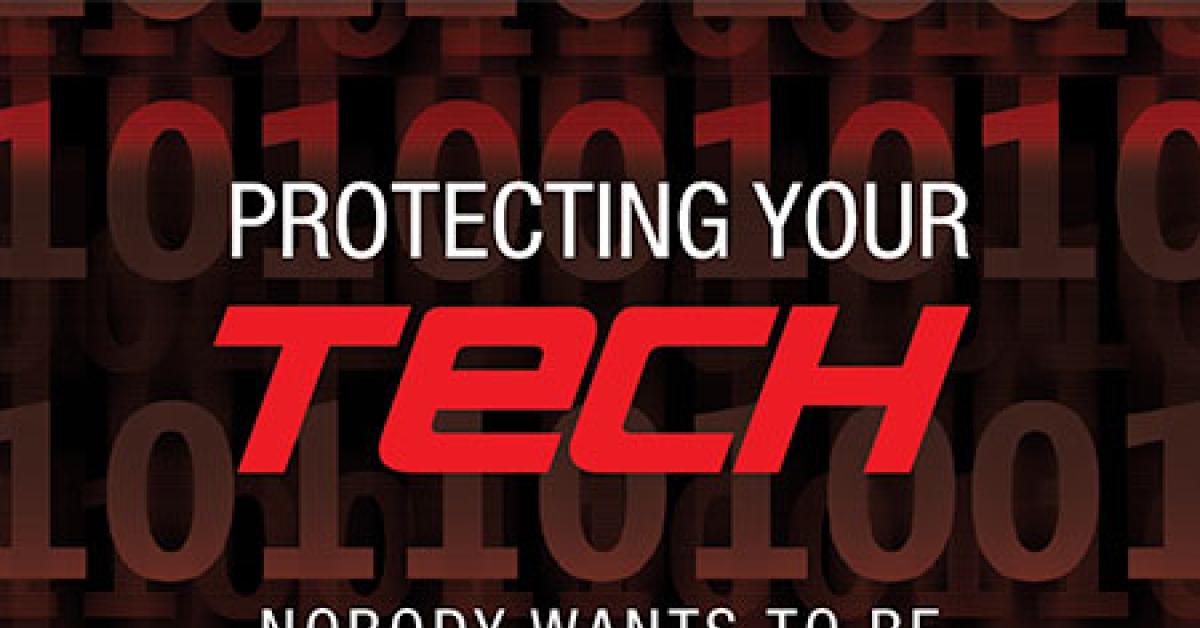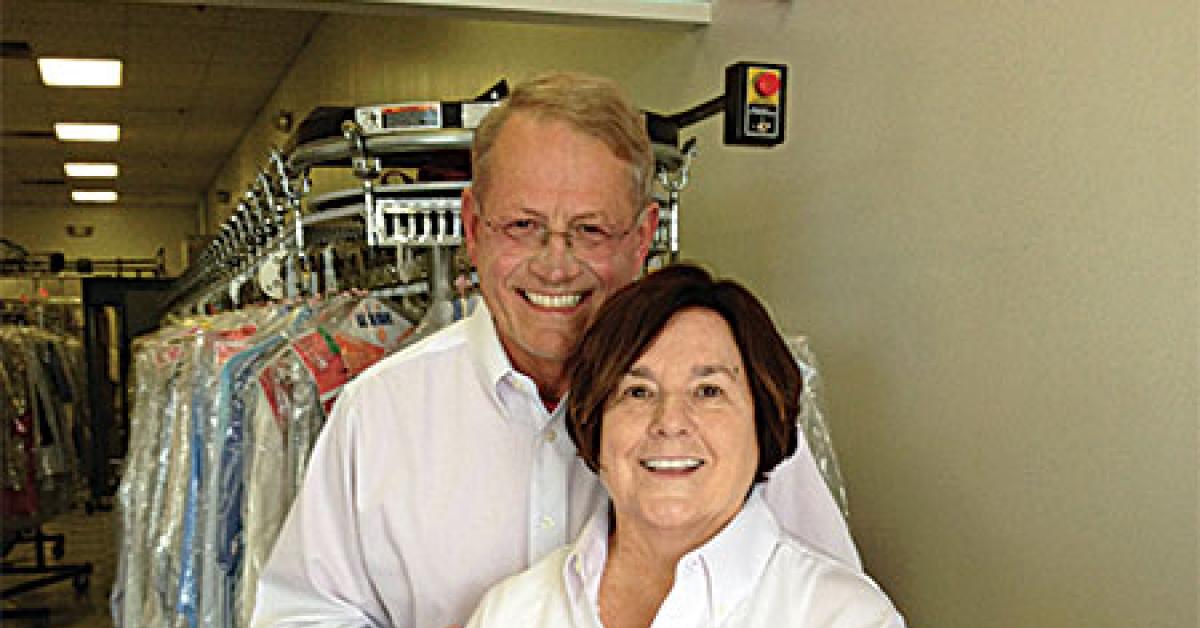CHICAGO — Anyone doubt that one of the main keys to happiness in life is peace of mind?
Especially for business owners in the drycleaning industry.
We’re in a world that moves fast, almost as fast as a neon glowing Tron bike darting across a dark, vast motherboard of an economic landscape.
There are technology elements in your operation now that you must guard closely and diligently. Are you? Are you sure?
‘They’re using our signal against us!” Jeff Goldblum’s character pointed out in the first Independence Day movie, noting how aliens were using our own technology against us.
That really is the fundamental challenge you face in your drycleaning operation. Trying to secure your own technology; protecting against bugs and computer viruses on your systems, software, point of sale (POS) program, website, apps, social media, and also from someone simply stealing your data. All of it.
Our “age of communication” brought a bugaboo along: The security breach aka “The Hack.”
Remember back to an even older movie, WarGames? Matthew Broderick's character visits some computer nerds who explain that programmers place secret “back doors” into their work so they themselves can get in past security codes and firewalls put in place, in case the program ever gets compromised. But that, in turn, leaves open “a way in” that you don’t — and can’t — see.
The best thing you can do today, in our wireless, Internet-of-Things world, is be as proactive as possible and protect your technology, thus safeguarding the credit card and personal data your customers have entrusted to you.
Here are some tips and advice from two drycleaning owners and from computer software and systems companies that serve our fabricare industry.
American Drycleaner asked husband and wife co-owners of Beavercreek, Ohio-based Buckeye Green Cleaners John Blair, vice president, and Luanne Handley-Blair, president, this recently: “Generally speaking, how important is protecting your tech at your business?”
“I have thought a lot about that. I am 100% dependent on technology to operate for more than a few hours, which is the price of automation,” relates Blair.
“I bar-code using point-of-sale (POS) system, have an automated bagger and assembly system. Since that makes me paperless after mark-in, and until the invoice is printed, I just have lines of finished clothes close together without technology,” he points out.
Here’s a lesson learned about safeguarding their electronic files and their customer database, that hit home for their business: “We recently switched phone and data service and I allowed my employees to use Wi-Fi for their headphone music. That’s a point of entry for bad guys, so we’re going to get a new modem that will put a firewall between the store info and the Wi-Fi.”
As for a sound warning, he passes along this realization: “When you ask for credit card or other private data, try to reassure your customers that you are trying to keep it private. We’re all shellshocked after all the hacks of what were thought to be totally secure databases.”
Enter Joe McCammon, owner of Falmouth, Maine-based Compassmax (Maineline Computer Systems), a drycleaning software design firm with more than 25 years experience in fabricare.
“In surveying our customers,” McCammon says, “one of the most important, if not ‘the’ most important, concerns they have from their software investment is data protection and security of valuable assets.”
He points out that when vital information is compromised, the potential losses can often be a challenge, and sometimes impossible to overcome.
As no business is completely immune to data theft or attack, he indicates, “you can opt to safeguard and discourage such attempts and thus minimize any damage, and by being proactive with the strongest and advanced security measures to prevent these potential risks.”
His firm, for instance, which has more than 3,000 partnerships with dry cleaners worldwide, (according to his company’s website), has a Cloud hosting platform powered by Microsoft Azure that provides a secure hosting option, with data storage and networking solutions for the drycleaning industry, he notes.
This Cloud’s hosting features include scalable virtual servers and geo-redundant backups, providing peace of mind that data is well-protected. Security and privacy are built into this platform and it is continually monitored and updated, his company notes.
According to Joe Kelly, tech manager at Compassmax: “With this platform, we have 256-bit DoD-approved encryption, which means the backup data can’t be accessed unless opened with the Azure vault, thus protecting your data.”
A cost benefit of this type of cloud hosting, the firm points out, is that it allows dry cleaners to avoid up-front hardware infrastructure costs, such as purchasing servers as well as maintaining the equipment.
End-users can potentially get their application up and running fast, in a manageable way and with less maintenance, giving businesses flexibility, and taking some pressure of capacity planning.
The company offers this tip: “With hackers in mind, credit card security is also a major concern for businesses. The key to protecting credit card information from breaches is tokenization. Tokenization is encrypting credit cards where symbols are used in place of numbers.”
“Instead of keeping the credit cards on your server,” McCammon explains, “it stores the numbers in the secured cloud where hackers cannot get the information, thus taking liability out of your hands. This process will also have the added benefit of making it easier to pass your payment card compliance (PCI) annual security review.”
Check back Thursday for the conclusion.
Have a question or comment? E-mail our editor Dave Davis at [email protected].


